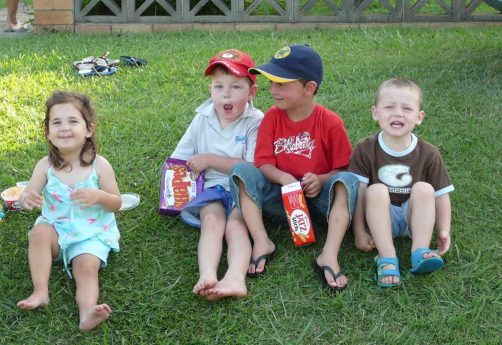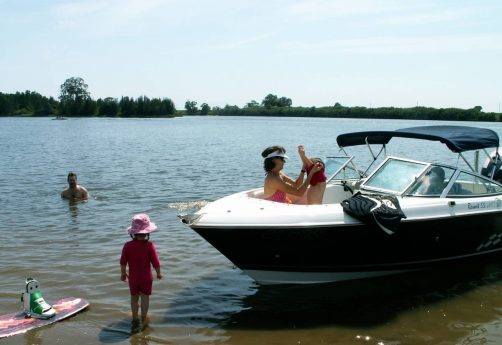
Habits – who controls this ride I am on?
“95% of who we are by age 35 sits in the subconscious memory, in which the body automatically runs a programmed set of behaviours and emotional reactions. In other words, the body is running the show”
Dr Joe Dispenza
Immersed in this parenting journey and attempting to develop personal and parenting skills, the power of habit becomes more and more apparent. It is obvious to all involved that we need to create new ways of acting and reacting and rid ourselves of some habits that seem to sabotage our efforts. It was decided that HABITS warrant further investigation!
In his illuminating book “Breaking the Habit of Being Yourself – How to Lose Your Mind and Create a New One”, neuroscientist, author, and educator Dr Joe Dispenza describes four steps involved in physically or mentally acquiring a skill:
- Learning knowledge – creates new synaptic connections in the brain
- Hands on instruction – now the body has a new experience, further enriching the brain
- Paying attention – noticing what we are doing, actively undertaking the new behaviour
- Repetition – repeating the skill over and over again until our brain changes
Dr Dispenza explains that eventually (after lots of repetition), you will perform the action or reaction automatically. For example, when you are driving to drop the kids off, you are able to: navigate traffic, break up arguments, drink your coffee, change gears, etc. Your body is skilfully doing everything because it has memorised how to do these things through repetition, and it no longer requires conscious thought. The actions and reactions are habitual – your body has become the brain. He offers another example of the body becoming the brain:
‘Have you ever been unable to consciously remember a phone number? Try as you may, you can’t remember all the numbers required to make the call. And yet, you can pick up the phone and watch as your fingers dial the number. Your conscious, thinking brain can’t remember the number, but you’ve practiced this action so many times with your fingers that your body now knows and remembers better than the brain. Perhaps you’ve had the same experience with typing your PIN into an ATM, or entering a password online’.
It follows that until you have acted on information and performed a new behaviour many times, it remains philosophy. However, after repetition, this knowledge becomes a state of being – your body is changed neurochemically and the knowledge becomes part of your subconscious. So let’s say you are reading and learning about compassion. You start to act on this knowledge, introducing compassionate thoughts and actions. After time, and by repeating compassionate behaviour in a variety of situations, eventually you embody compassion. At this point, compassionate thoughts and behaviour are automatic.
We all know that change can be difficult and ‘old habits die hard’. Neuroscience has found that the easiest way to change a habit is to replace old habits with new ones – pruning old neural connections and sprouting new neural networks (Dr Dispenza). When it comes to habits, Paul Wilson, meditation teacher and author of “Calm No Matter What – The Effortless Way to Maintain Calm and Equilibrium, Whatever the Circumstances” suggests:
- Habits are formed in an average of 66 days. Simple and enjoyable habits can be formed in a few days, while complex or less desirable ones take longer
- New motor patterns can be created within 300 to 500 repetitions of a certain action
- You can reshape an ingrained mental image in around three weeks
Encouragingly, Charles Duhig (author of “The Power of Habit – Why We Do What We Do in Life and Business“) advises that some habits ‘have the power to start a chain reaction, changing other habits as they move’. Thus, success doesn’t depend on getting every little thing right, instead it relies on identifying a few key priorities and using those habits to transform actions and interactions. For example, studies have shown that when people start exercising, even as infrequently as once a week, they change other unrelated patterns in their lives, often unknowingly. They start eating better, are more productive, show more patience, use credit cards less and report less stress (Duhig).
Duhig maintains that keystone habits offer small wins that help other habits to flourish by creating new structures. In groups (eg workplaces, institutions) keystone habits can establish cultures where change becomes contagious. Thus, introducing a few key habits will bring small wins, creating routines that convince us bigger achievements are within our reach……and eventually transforming our lives.
‘We first make our habits, and then our habits make us’ John Dryden


